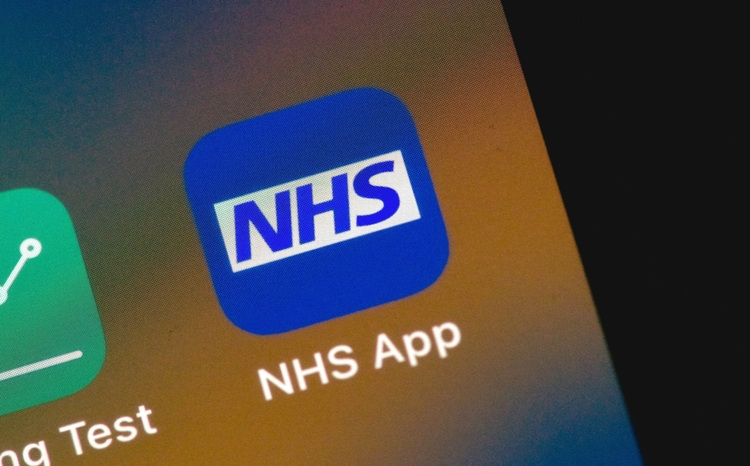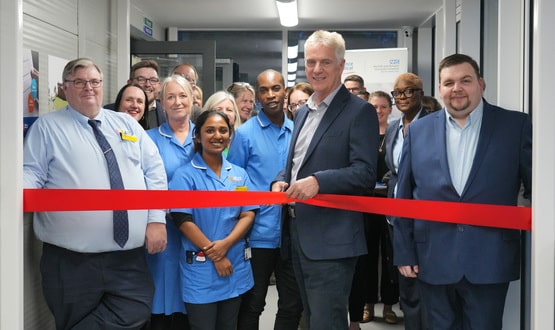A new bill which will allow patients’ data to be easily transferable across the NHS has been introduced to Parliament.
Delivered by the Department for Science, Innovation, and Technology (DSIT), the bill will require IT suppliers for the health and care sector to ensure their systems meet common standards to enable data sharing across platforms.
The Data Use and Access Bill will enable healthcare information to be easily accessed in real time across all NHS trusts, GP surgeries and ambulance services, whichever IT system they are using.
A press release, published by DSIT on 24 October 2024, said that the measure “will free up 140,000 hours in NHS staff time every year, providing quicker care for patients and potentially saving lives”.
Wes Streeting, health and social care secretary, said: “The NHS is broken, but imagine its enormous potential if each part of the system communicated properly with each other.
“That starts with sharing vital medical records between healthcare providers, because it shouldn’t be the patient’s responsibility to join the dots for their doctor.
“How can a GP diagnose a problem without knowing about someone’s recent hospital surgery?
“This bill and our 10 year health plan will ensure important data flows safely and securely through the NHS, freeing up staff time and speeding up patient care.”
The measure follows the government’s announcement on 21 October 2024 of plans to bring together a single patient record through the NHS App.
Dr Vin Diwakar, national director of transformation at NHS England, said that the bill is a “significant step in creating a more responsive and efficient healthcare system”.
“As an NHS doctor myself, I know it is vital that NHS staff have quicker access to more accurate and comprehensive data, giving them more face-to-face time with patients who need it most.
“These changes will lay the foundations for patient information to flow safely, securely and seamlessly, which will improve clinical outcomes, make decision-making more informed and speed up the delivery of care.
“By simply using data more efficiently, we can save time and money, and create a modern, digital NHS that continues to improve care for patients,” Diwakar said.
However, concerns have been raised by cyber security experts and privacy organisations about the use of patient data.
Patrick Tiquet, vice president of security and compliance at Keeper Security, said that the increased access to patients records comes with “a heightened responsibility to protect sensitive patient data”.
DSIT said that the measures will be underpinned by a revamped Information Commissioner’s Office, with a new structure and powers of enforcement.
It added that “IT systems in the NHS operate to the highest standards of security and all organisations have governance arrangements in place to ensure the safe, legal storage and use of data,” and “vital safeguards will remain in place to track and monitor how personal data is used, giving peace of mind to patients”.
Streeting said: “I know people worry about Big Brother, which is why data will only be shared to the most relevant staff and anybody using data must comply with strict security protocols.”






/cdn.vox-cdn.com/uploads/chorus_asset/file/24783533/Tears_of_the_Kingdom_Press_Image.jpg)




